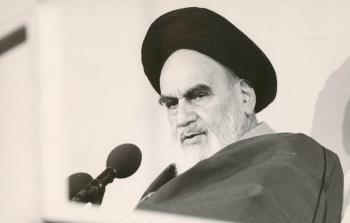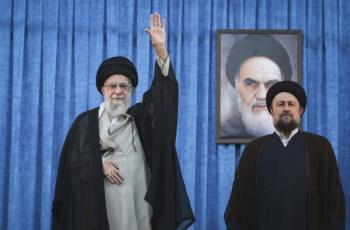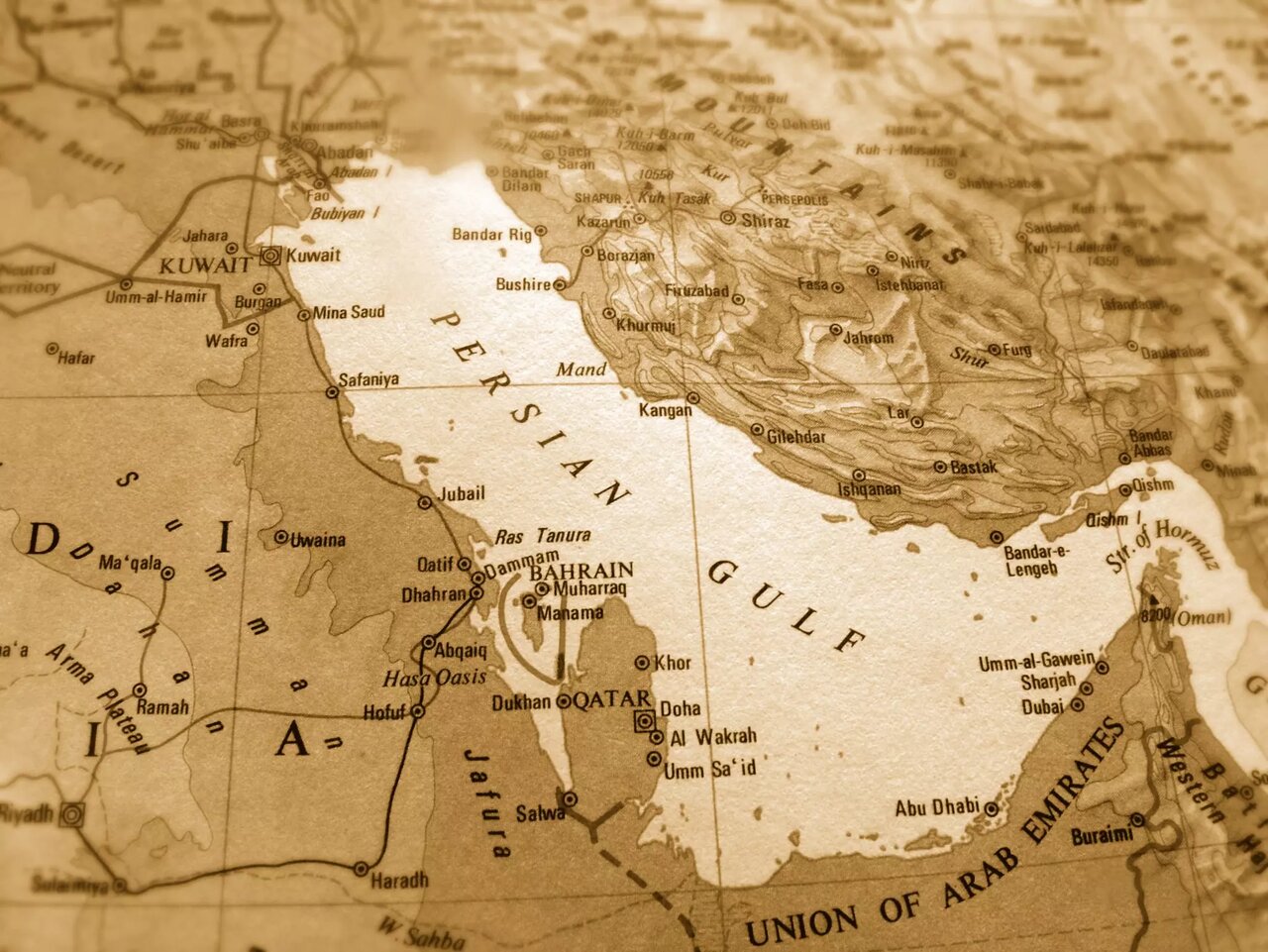ALWAGHT- Iran's Foreign Ministry has rejected the repetitive claims about three Iranian islands in the GCC's final communiqué, reasserting they constitute 'inseparable' parts of Iranian territory.
Iran has firmly rejected the GCC's latest statement challenging its sovereignty over the three Persian Gulf islands – Greater Tunb, Lesser Tunb, and Abu Musa. Foreign Ministry spokesman Esmaeil Baghaei dismissed the claims as baseless interference, stressing that Iran's actions on the islands fall entirely within its sovereign rights. He criticized the GCC for ignoring historical and legal realities, while reaffirming Iran's absolute control over the islands' land, airspace, and waters, including its right to conduct military exercises and official visits.
Baghaei noted that the islands have been Iranian territory throughout history, with sovereignty formally restored in 1971 after British withdrawal. He urged the GCC to adopt a constructive regional approach rather than repeating unfounded claims. The statement also addressed Iran's position on the Arash/Durra gas field dispute with Kuwait, emphasizing Tehran's commitment to negotiated solutions and energy cooperation based on mutual interests.
The gas field dispute, ongoing since the 1960s, involves overlapping maritime claims between Iran and Kuwait, with about 40% of the field's estimated 20 trillion cubic feet of reserves lying in Iranian waters. While Iran favors diplomatic resolution, the disagreement remains unresolved, reflecting broader tensions in Persian Gulf territorial and resource disputes. The Foreign Ministry's comprehensive response underscores Tehran's firm stance on both territorial integrity and regional energy cooperation.



























